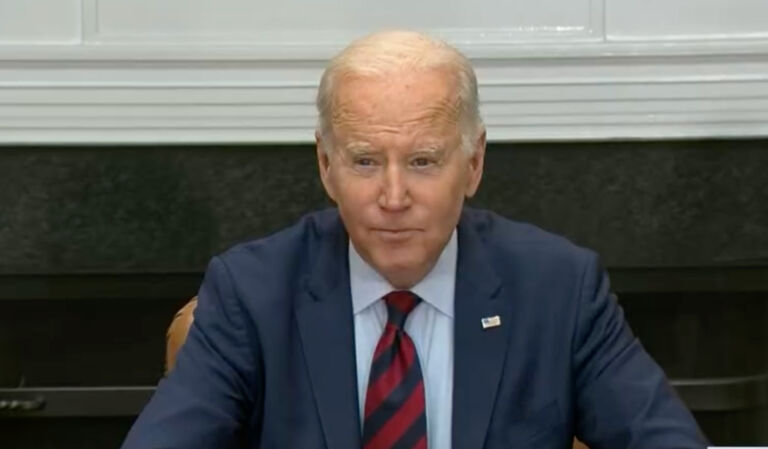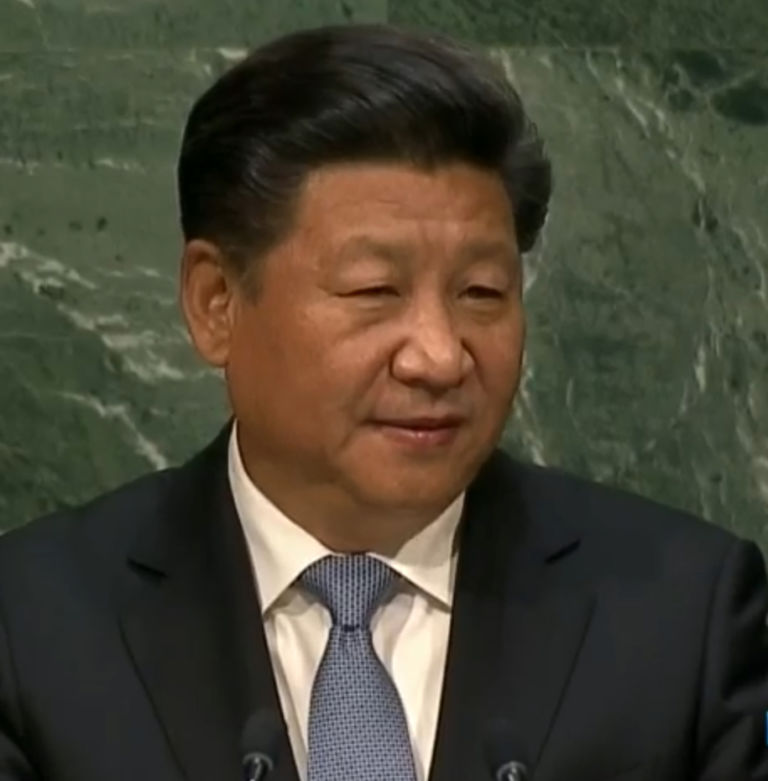Connor Boyack and Corey DeAngelis write for the Federalist about the popular complaint that public schools are “broken.”
Many parents feel the school system is broken. Across America, teachers and textbooks are pushing an agenda to fill children’s minds with information and ideas that are controversial or counterproductive to their healthy development. They have in mind an idea of how schools ought to operate and see them falling far short. Consequently, they believe the system is malfunctioning and simply needs to be fixed. Is this true?
That question can’t be answered properly without understanding the original plans and purposes for which the system was created. Imagine, for example, that you’re in a submarine. You hear some creaking in the pipes near you. Down the corridor, you see some steam emitting from an open valve. Above you, there are gauges that show really high internal pressure inside a row of tanks. Is any of this normal? The sounds are scary and seem to suggest there’s a problem. But until you look at the original schematics and understand how the system was designed, it would be hard to know whether it is broken or working as intended.
Today’s government schools were first designed in the mid-19th century with heavy contributions from Horace Mann, one of the leading education reformers in America. He was an admirer of the schooling system being developed in Prussia, featuring a standardized curriculum, widespread testing, compulsory attendance, professionalization of teachers, and career training. It was an authoritarian, top-down model that emphasized the collective over the individual. …
… Mann’s quest to industrialize education set up a framework — the foundations of a system — that other education reformers were then able to use to indoctrinate millions of children. Among others we might mention, John Dewey certainly takes the lead. …
… Dewey’s “true kingdom of God” was government. The schooling system that was still being built across the country enabled Dewey and his like-minded reformers to, in Dewey’s own words, “build up forces … whose natural effect is to undermine the importance and uniqueness of family life.” Academics were secondary.


